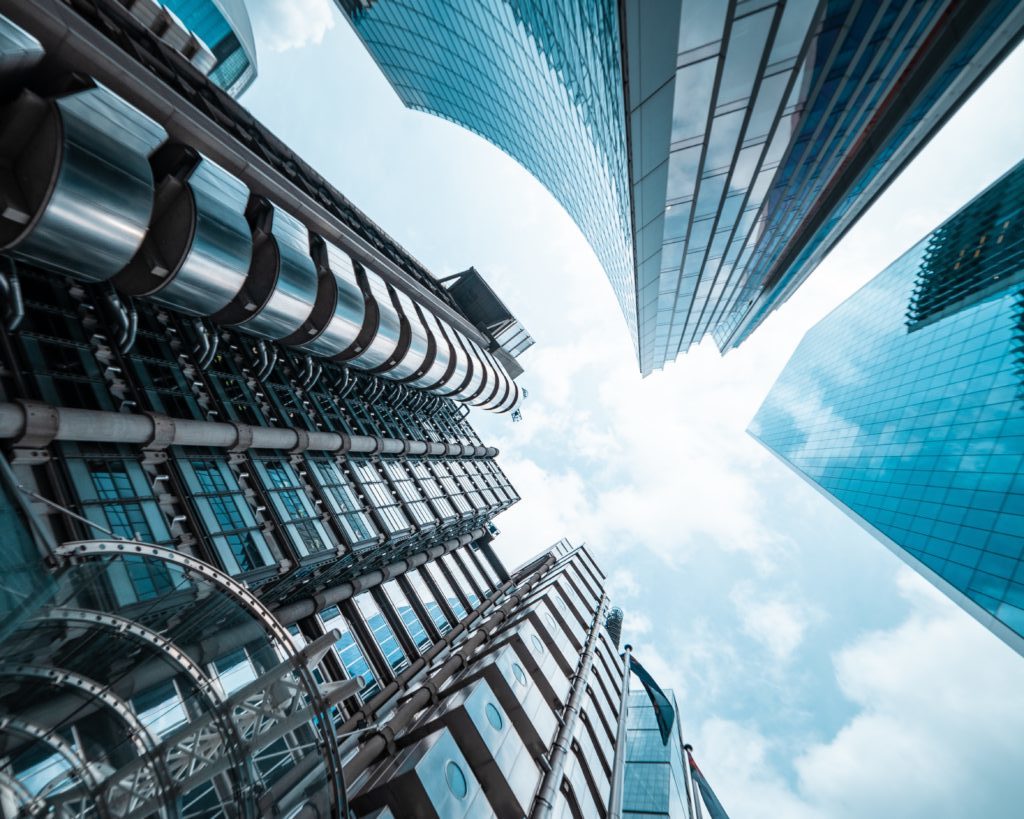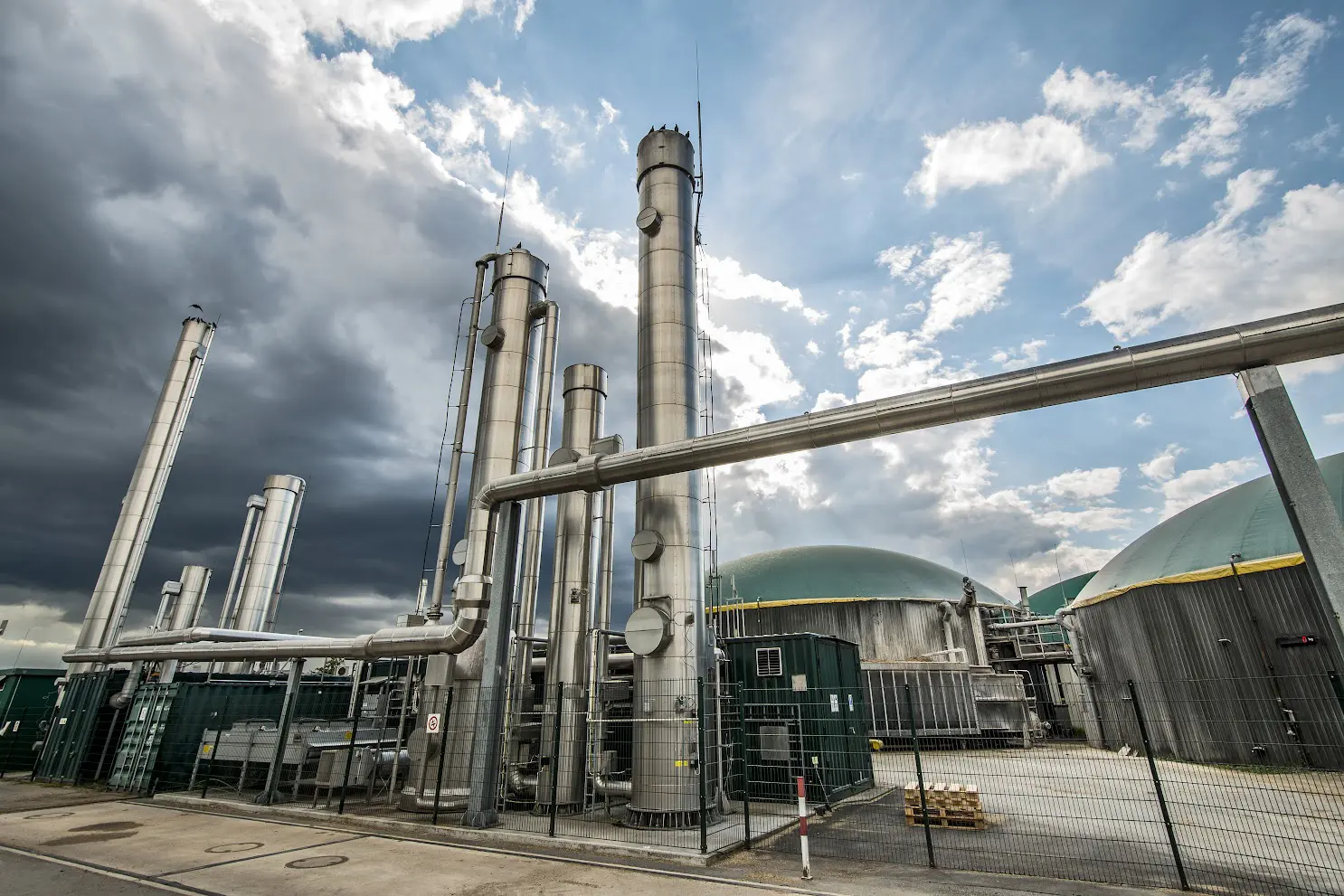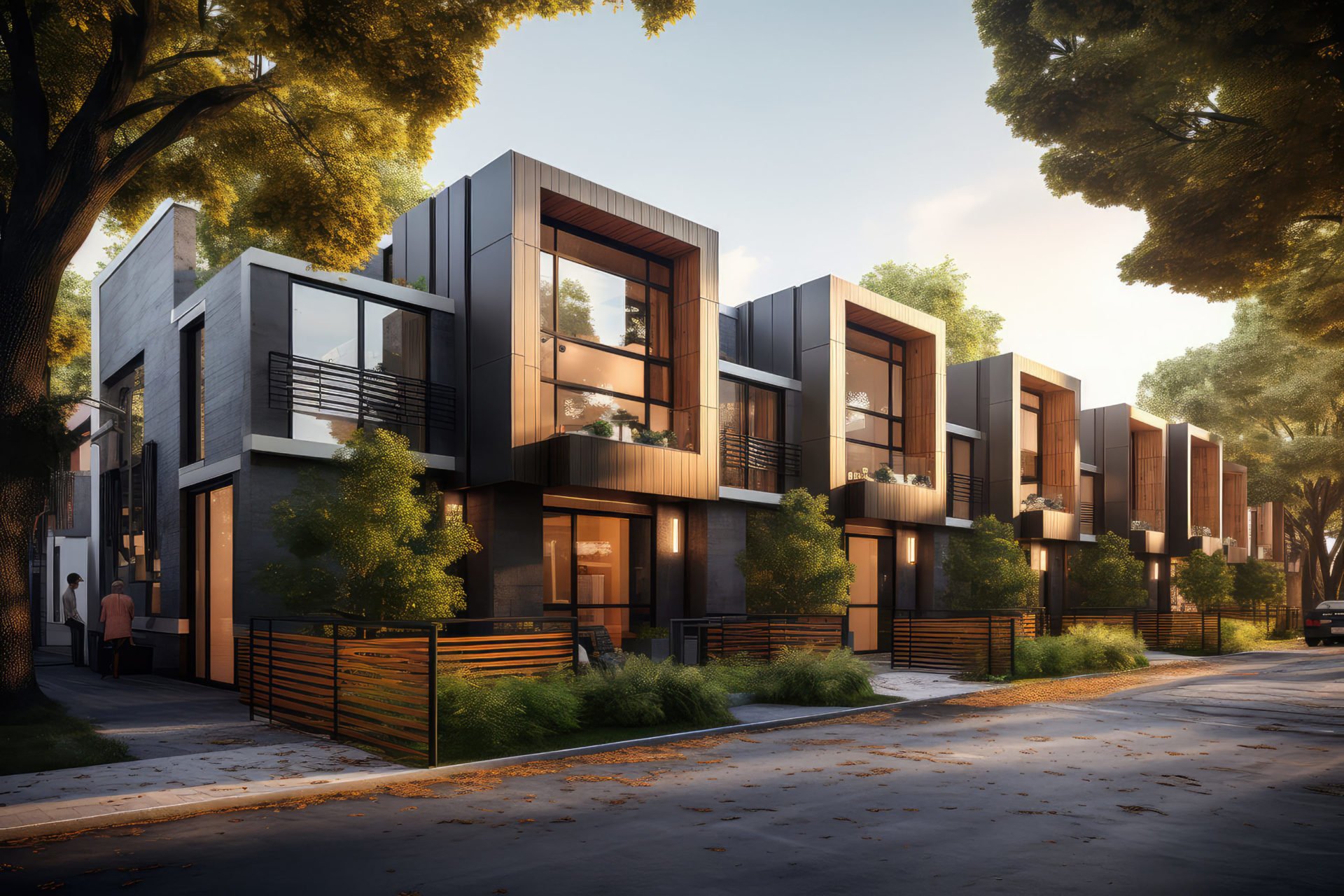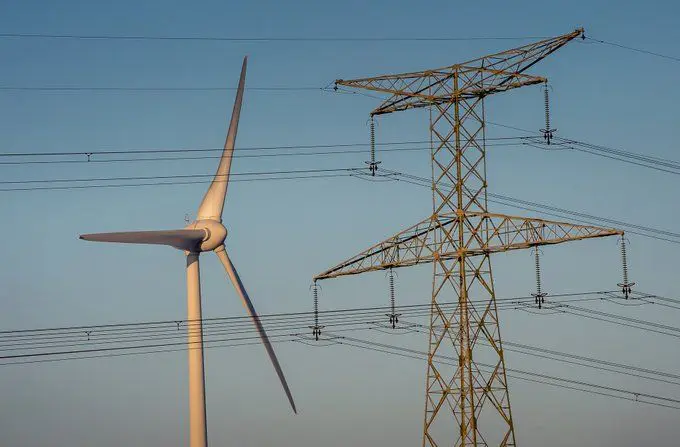Les systèmes d’automatisation et de contrôle des bâtiments : enjeu et périmètre du décret BACS #2

France has 940 million square meters of tertiary buildings, and they account for 1/3 of France’s final energy consumption. Therefore, improving the energy efficiency of buildings is essential to reduce the environmental impact of this sector. Building automation and control systems optimize the efficiency and overall functionality of buildings. These systems are mandatory in France under the BACS decree. Here’s what’s at stake:
Want to comply with the BACS decree?
What is the BACS decree?
The BACS Decree (Building Automation and Control System), published on July 21, 2020, mandates the installation of automation and control systems in certain buildings by January 2025 to enhance energy efficiency and reduce CO₂ emissions.
According to the European Union’s Energy Performance of Buildings Directive, building automation and control systems are defined as “systems comprising all products, software, and services that enable the energy-efficient, cost-effective, and safe operation of technical building systems through automatic controls and by supporting their manual management.”
These systems, the operation of which varies from site to site, control the main energy-consuming equipment such as air conditioning, heating and ventilation. In practical terms, the installation involves connection to existing or future metering devices, as well as to the site’s technical systems.
Operating at the very core of building energy management, building automation and control systems represent a major performance lever. In this respect, they are part of the overall building management systems (BMS) dynamic. The decree stipulates that the systems will be subject to regular checks. The goal is to implement and maintain these systems over the long term.
What are the features of these automation and control systems?
To meet the requirements of the decree, building automation and control systems must offer four key functionalities:
- Continuously monitor, record and analyze energy production and consumption data. Adjust consumption of technical systems in real time according to needs. Store monthly data for five years.
- Benchmark the building’s energy efficiency with respect to reference values. Detect inefficiencies in technical systems and inform the building operator of potential improvements to energy performance.
- Ensure interoperability with the building’s various technical systems.
- Enable manual shutdown and autonomous management of one or more technical building systems.
The decree targets both owners and potential tenants, depending on the ownership of the installation in question. The system owner can, and must, share the building data relevant to each stakeholder.
Which buildings are targeted?
The decree applies to all non-residential buildings, both existing and under construction, with a rated thermal power exceeding 290 kW, and which are used for commercial or non-commercial tertiary activities. These include hotels, office buildings and warehouses.
Buildings for which a return on investment in less than six years after deduction of any public aid is not possible are exempt from compliance.
For new buildings with planning permission submitted on or after July 1, 2021, all technical building systems must be integrated with a building automation and control system.
What are the final advantages of automation and control systems?
Beyond ensuring compliance with the BACS Decree, installing a building automation and control system also supports the achievement of energy efficiency targets outlined in the Tertiary Sector Decree.
The comfort of building occupants is also improved thanks to better temperature management. Finally, building maintenance and operating costs are reduced thanks to optimized management.
Above all, the tertiary sector needs to be fully involved in the energy transition and the reduction of greenhouse gas emissions.




